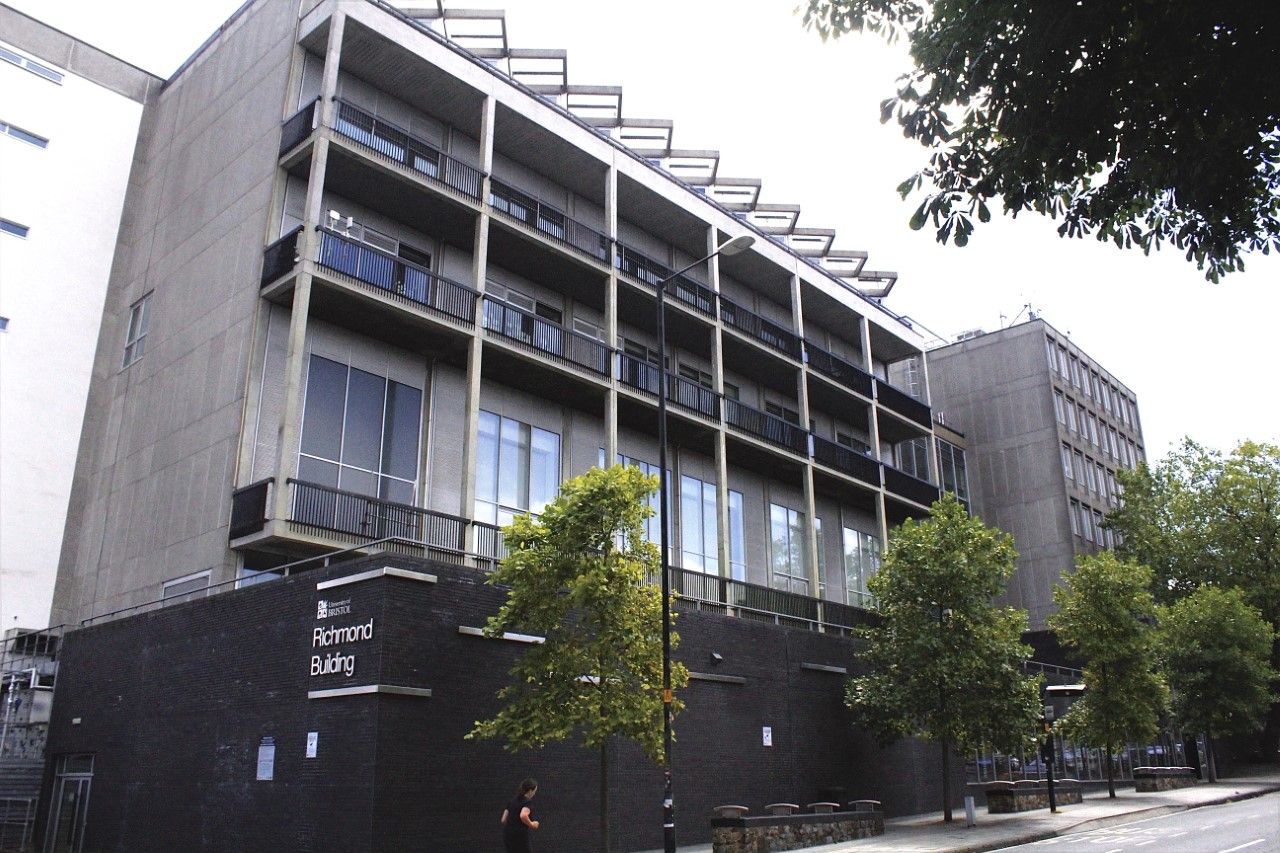By Molly Pipe, SU Correspondent
Voting for the SU Officer elections begins on 9 March. Put it in your diary. But don’t decide who to vote for yet because nobody knows who's running.
That’s right. An institution that claims to have democratic standards announces its candidates a mere day before the start of the election.
Up for grabs are important roles such as full-time Officers, Chairs of Networks and Students Trustees. Scrutinising the candidates and their manifestos is important if students want to take the SU in the right direction. But with just 24 hours to do so before the polls open, there is very little scrutiny that can be done.

It is true that the SU has three election days to choose from, and candidates are permitted to campaign throughout the voting process. In effect, therefore, hopefuls actually have four days to air their manifestos. That is not good enough. Firstly because four days is still limited. But secondly, and more importantly, because a lot of the opportunity for scrutiny will happen after many students have cast their votes.
The two hustings, for example, will be held on the evenings of 9 and 10 March, a full nine or 33 hours after polls have opened. Many students will therefore be voting without as much knowledge of the candidates as they arguably should have.
It may be that the SU doesn’t think candidates need much time to campaign. After all, very few students partake in these elections. The 2020 vote saw only 7,300 participants, a turnout of 27 per cent. The number of votes cast for each position was even lower: each of the full-time Officer positions were decided off the back of just under 3,000 average votes - or 11 per cent of eligible voters.
Climate Emergency Day of Action at Bristol Uni
Opinion | Student house hunting in 2021 is a nightmare
Given that turnout is so low, the SU may be thinking, why prolong campaigning when candidates only need reach a few thousand voters?
This is faulty logic. Instead of saying that few people vote and therefore campaigning need only be brief, the SU should be seeking to increase turnout. Providing candidates with a longer campaigning period and chance to really build up a conversation around the election may encourage more students to head to the polls.
After I originally published this article, an SU spokesperson got in touch to say: ‘The voting period is short because we get feedback from candidates each year that they want the campaigning period to be shorter. It’s hard work and even with wellbeing support candidates have said the period is draining and emotionally taxing.’
These is a fair point that deserves recognition. However, extending campaign by even just a day or so won’t add significantly to candidates’ workloads, and moving hustings to before voting opens won't add to the workload at all: it'll just move some of it a bit earlier.
Even with the spokesperson’s point, by opinion still stands: this way of running things is bad for engagement and, most importantly, bad for proper scrutiny.
Featured Image: Epigram / Patrick Sullivan
Are you going to be voting in the SU elections? Let us know!









